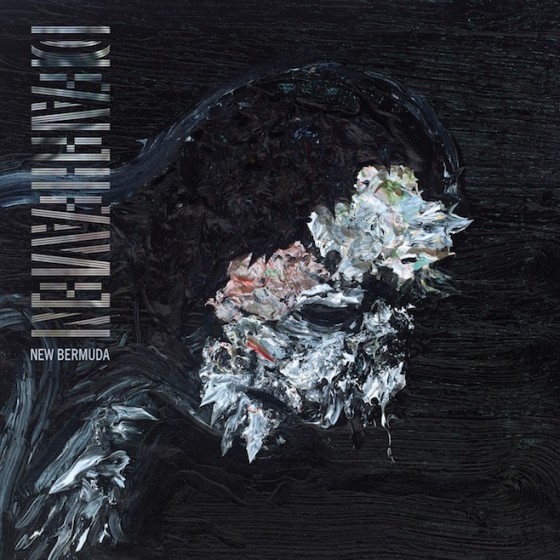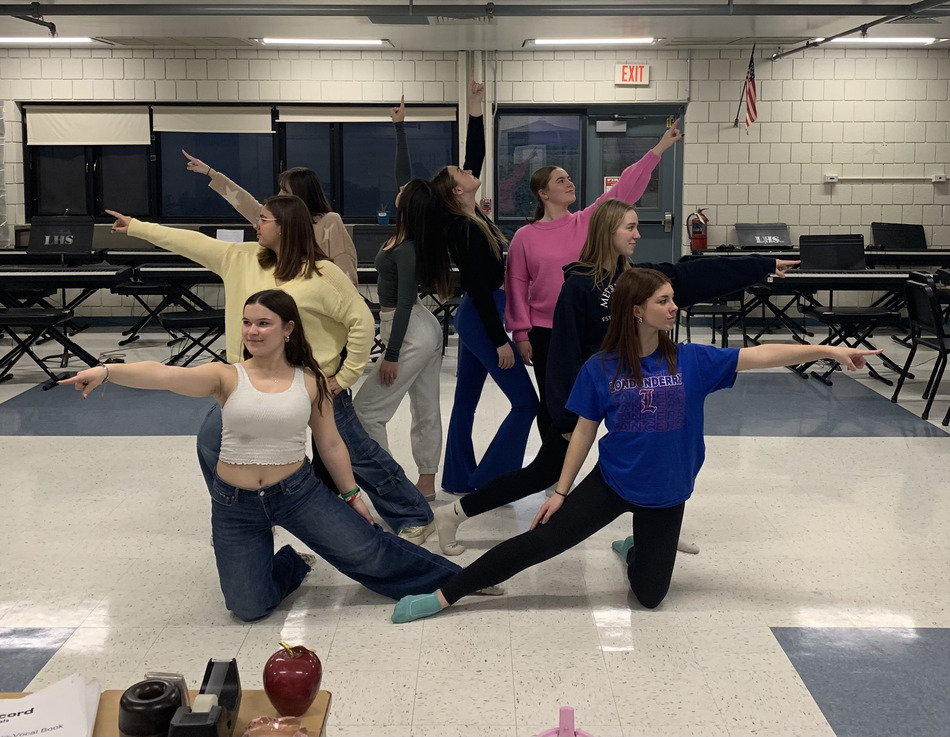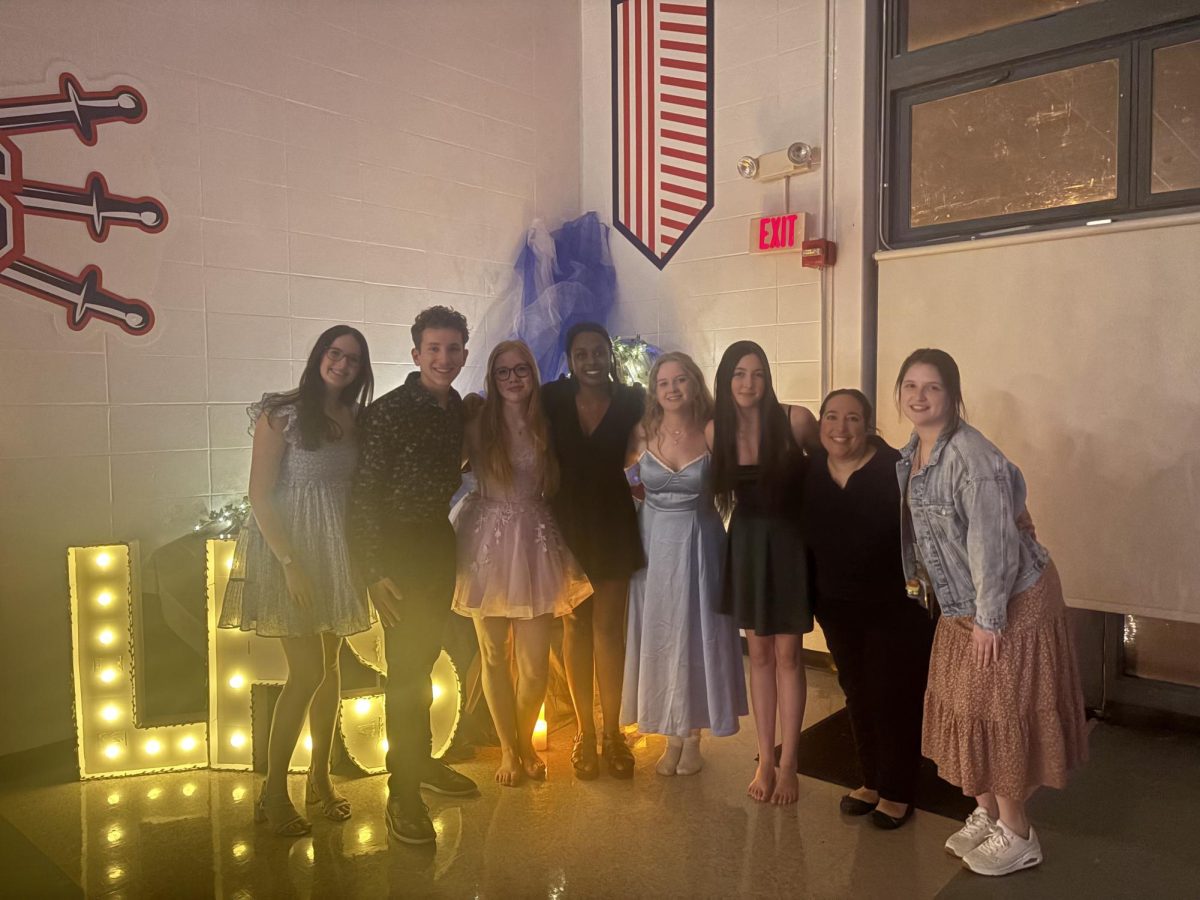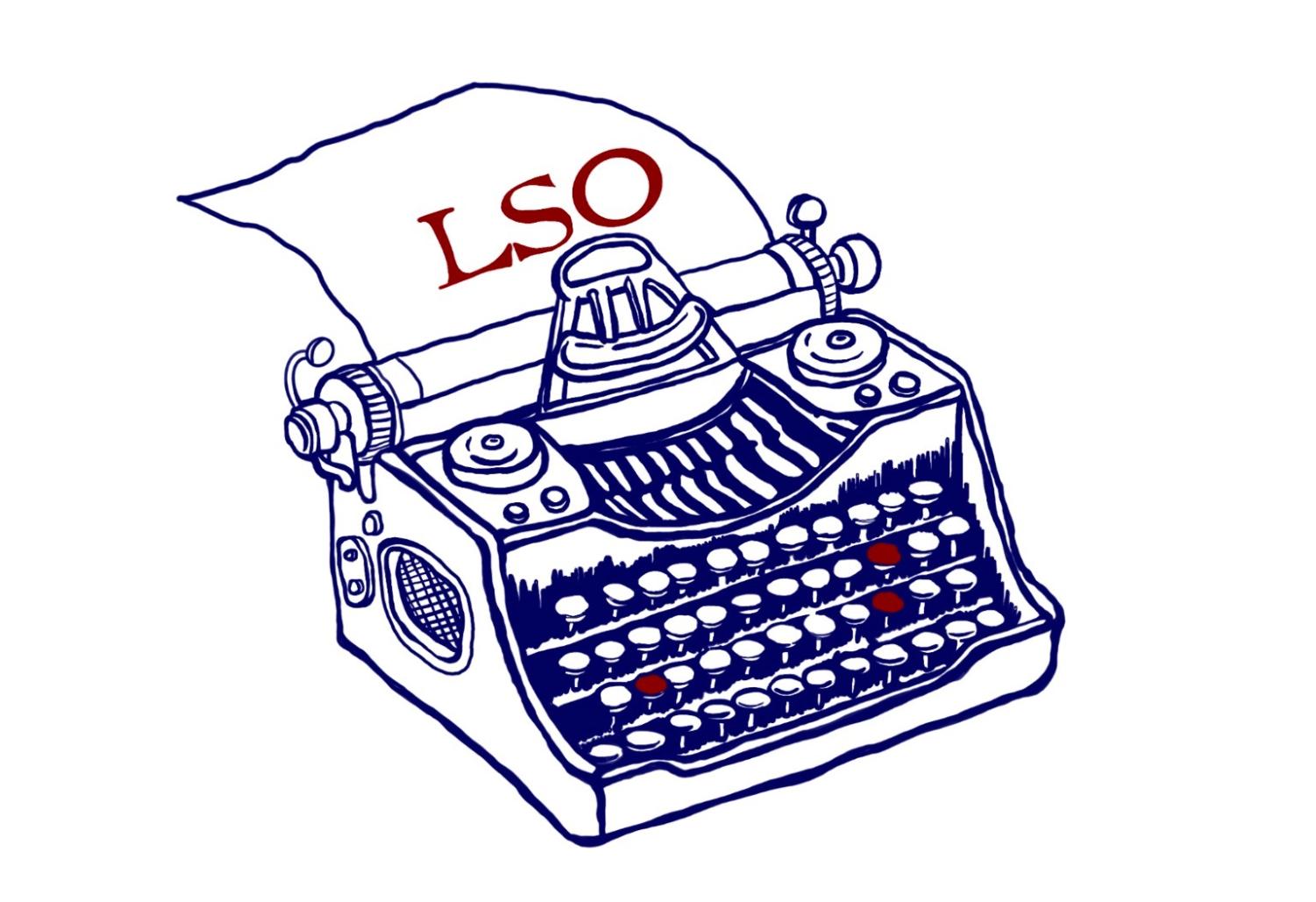Deafhaven has, since the 2013 release of their sophomore outing Sunbather, been one of the most controversial bands in indie music – not because of their lyrics, or their image, but because of their style.
Rooted in black metal, the San Francisco quintet takes inspiration from a wide variety of other genres, from shoegaze to post-rock, culminating in a finished product that has metal fans fiercely divided on their place in the scene. On their latest release, a 45-minute exercise in raw emotion and viscera titled “New Bermuda,” that divide is only furthered.
The distorted shoegazing that permeated Sunbather is retooled on New Bermuda, taking on an almost orchestral, sweeping feel. The use of alternative instrumentation, such as cellos and synthesizers over some of the album’s quieter moments, is refreshing and evocative. The droning, pounding rhythms and intricate melodies play off vocalist George Clark’s tortured howls in a way that Sunbather only aspired to. New Bermuda becomes almost its own micro-genre, a veritable “post-metal” that is unlike anything else in the current musical sphere.
At its core, however, New Bermuda is melodic black metal through and through. Nordic influences, earthshatteringly heavy percussion; it’s all there. The heaviness of this music is almost unrelenting, making the sudden breaks and melodic intervals placed scattershot throughout the LP all the more impactful. Solos, when they occur, are not the bone-crushing Pantera licks we’ve all come to expect from metal: they’re tender, almost reflective, and downright bright melodies that undercut the weight of the rest of the tracks.
Where New Bermuda begins to differ most profoundly from other metal acts is in Clark’s songwriting ability. He bemoans his depression, his identity crisis following Sunbather‘s sudden success thrusting him into the limelight. He pines for unrequited love – not romantic love, but the deep-seeded affections and attention so many are deprived. It is an immensely personal, haunting record, but one that nonetheless resonates with everyone who hears it. It is no stretch to suggest that Clark might be the best songwriter since Ian Curtis or Elliot Smith to evoke such deftly worded and deeply felt emotional connections in their music.
New Bermuda puts the instrumentation first in a way that does not mistreat the vocals, but supplements them. Frenetic, heavy guitar work transmogrifies into slow, thoughtful noodling, and Clark’s voice goes with it. Love it or hate it, New Bermuda is, at the very least, an impeccably produced album.
Heavy metal, much like rock, electronic, and hip-hop before it, has morphed into such a wide variety of subgenres and styles that keeping track basically requires a detailed supplemental guide. Deafhaven has been planted squarely in the middle of that sea change, and for better or worse, they continue to ride that wave. As polarizing as it is, New Bermuda represents the apex of what the group has to offer.
8/10
















